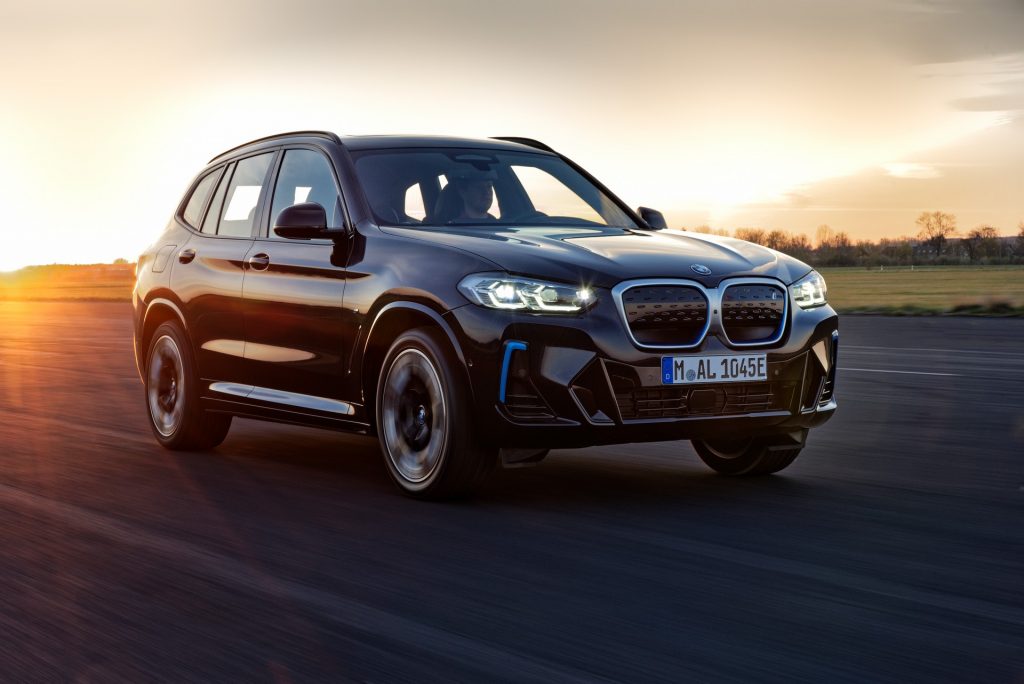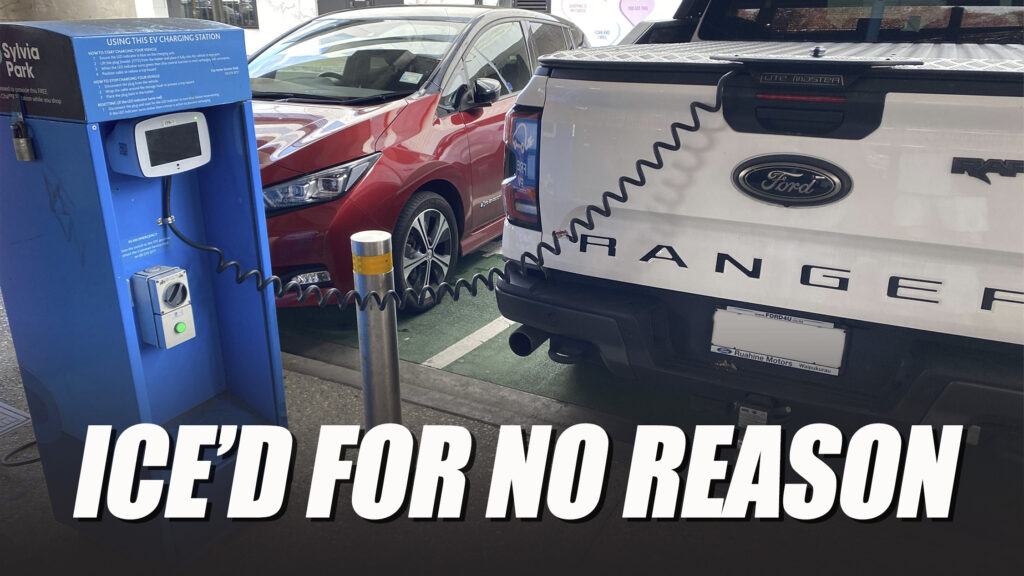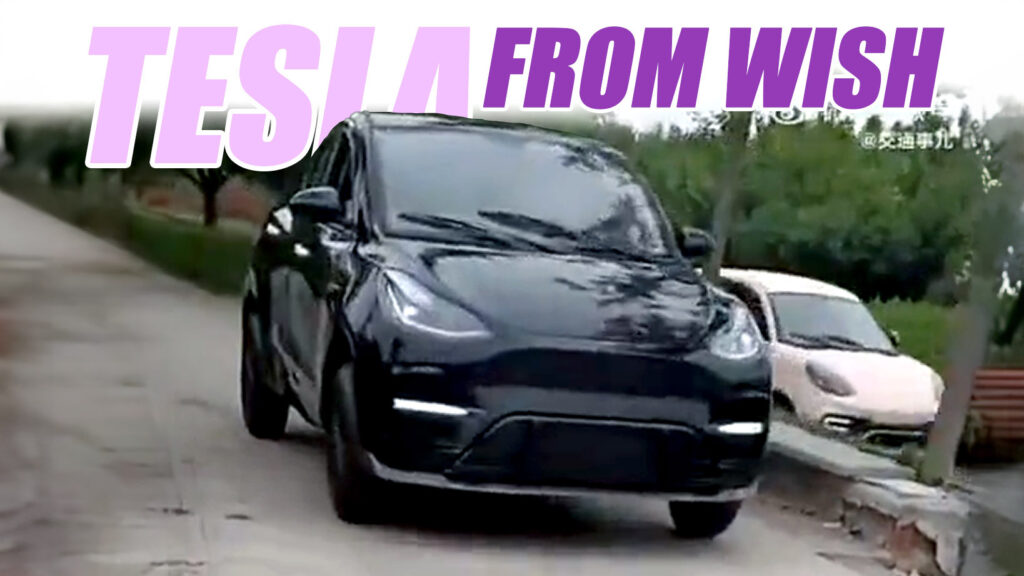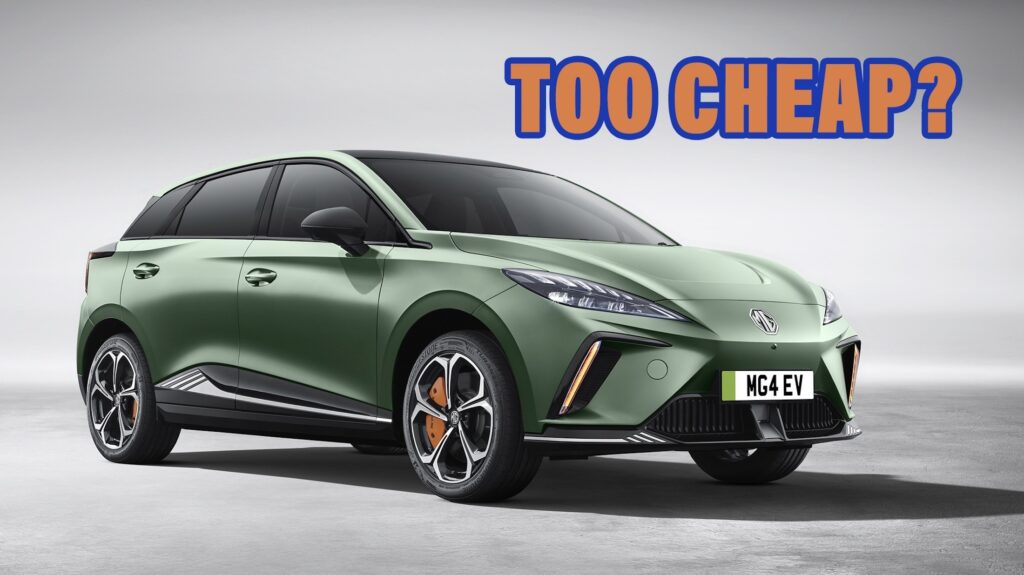Western carmakers struggling to work out how they’re going to handle the incoming wave of cheap electric cars from China have a new ally. Regulators from the European Union have revealed they’re considering applying tariffs to imported Chinese EVs to level the playing field with home-grown brands.
The European Commission shares the view of certain Western car bosses that China’s auto industry benefits from state subsidies that give it an unfair advantage by enabling Chinese brands to keep prices incredibly low. The Commission announced this week that it was launching an investigation to see if tariffs should be applied, and has up to 13 months to deliver its verdict.
“Global markets are now flooded with cheaper electric cars. And their price is kept artificially low by huge state subsidies,” European Commission President Ursula von der Leyen told fellow EU lawmakers, as reported by Reuters. Senior car industry figures such as Stellantis CEO Carlos Tavares have already expressed concern about the ability of Western automakers to compete head-on with Chinese brands.
Related: Unprecedented Global Demand For Chinese Cars Outstrips Shipping Capacity

Earlier this year Tavares warned of the “terrible fight” that lay ahead, and in July his old employer Renault announced that it wanted to cut EV production costs by 40 percent. The EU claims Chinese EVs now account for 8 percent of the European EV market, a figure that could almost double by 2025. It’s not hard to understand why when the critically acclaimed MG4 is available for more than €10,000 ($11k) less than its VW ID.4 rival.
The threat is bigger in Europe than in the U.S. where Chinese cars already face high import duties, though brands such as Geely-owned Volvo are able to offset these against credits earned from vehicles they export from U.S.-based factories. Europe is also mindful of how its own solar industry was wiped out a decade ago by cheap panels coming in from China, but at the same time some in the auto industry think the EU needs to tread carefully in case of retaliation by Chinese authorities.
Western carmakers rely on the Chinese market for a large chunk of their revenue and if China fires back with tariffs of its own, that revenue could be badly affected. And that’s not the only danger Western brands face. Ironically, EU tariffs could potentially hurt those Western brands too, because automakers including Tesla, Renault and BMW also have production sites in China and exports vehicles to Europe.








